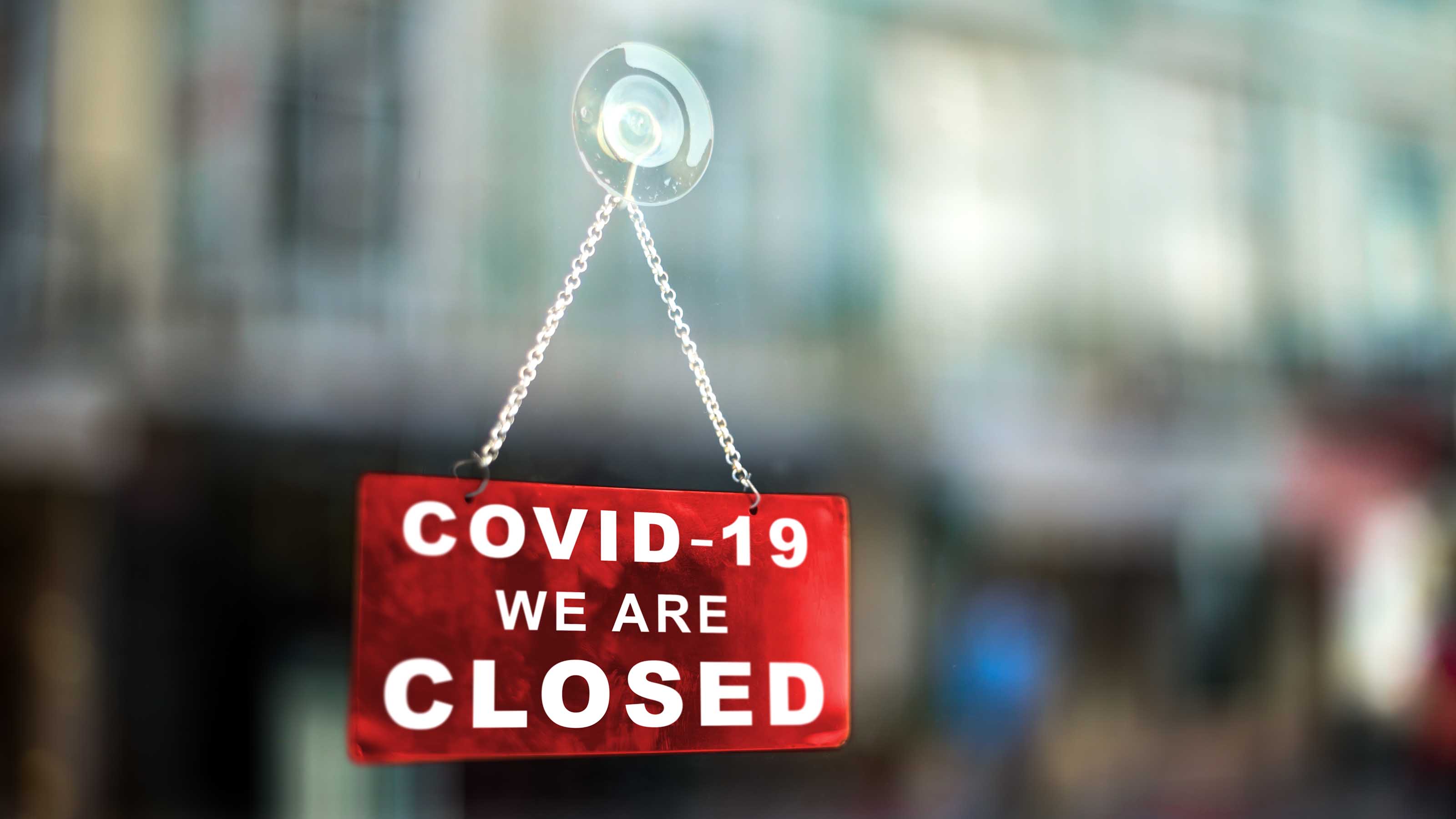
Profit and prosper with the best of Kiplinger's advice on investing, taxes, retirement, personal finance and much more. Delivered daily. Enter your email in the box and click Sign Me Up.
You are now subscribed
Your newsletter sign-up was successful
Want to add more newsletters?

Delivered daily
Kiplinger Today
Profit and prosper with the best of Kiplinger's advice on investing, taxes, retirement, personal finance and much more delivered daily. Smart money moves start here.

Sent five days a week
Kiplinger A Step Ahead
Get practical help to make better financial decisions in your everyday life, from spending to savings on top deals.

Delivered daily
Kiplinger Closing Bell
Get today's biggest financial and investing headlines delivered to your inbox every day the U.S. stock market is open.

Sent twice a week
Kiplinger Adviser Intel
Financial pros across the country share best practices and fresh tactics to preserve and grow your wealth.

Delivered weekly
Kiplinger Tax Tips
Trim your federal and state tax bills with practical tax-planning and tax-cutting strategies.

Sent twice a week
Kiplinger Retirement Tips
Your twice-a-week guide to planning and enjoying a financially secure and richly rewarding retirement

Sent bimonthly.
Kiplinger Adviser Angle
Insights for advisers, wealth managers and other financial professionals.

Sent twice a week
Kiplinger Investing Weekly
Your twice-a-week roundup of promising stocks, funds, companies and industries you should consider, ones you should avoid, and why.

Sent weekly for six weeks
Kiplinger Invest for Retirement
Your step-by-step six-part series on how to invest for retirement, from devising a successful strategy to exactly which investments to choose.
Wall Street successfully fought off the bear market spurred by the COVID-19 coronavirus outbreak. But the American economic recovery is far from complete, and the virus continues to induce bankruptcy filings across the country.
Research from investment bank Jefferies shows that large-firm bankruptcies more than tripled year-over-year between July and August 2020, and that large-firm bankruptcies had more than doubled through the end of August. By the end of 2020, corporate bankruptcies in the U.S. hit a 10-year high.
2021 hasn't been as bad thanks to an economic recovery built on the back of stepped-up vaccinations – the 183 filings through April 30 of this year were fewer than the 207 filings to this point in 2020, says S&P Global. Still, COVID-19 is clearly taking its toll.
In many cases, COVID has simply been the straw that broke the camel's back. The retail industry in particular endured a harrowing past year-plus. Many of these chains were already overloaded with debt and had been suffering from long-term declines amid changing tastes and Americans' swelling adoption of e-commerce, and were finally pushed over the edge.
But the explosion in bankruptcies hasn't been limited to retail. COVID-19 has forced companies from several industries to seek out Chapter 11 bankruptcy protection and other types of relief. The energy sector, where the oil declines of 2014-16 weakened several exploration and production companies, saw the coronavirus-sparked oil-demand slump finish off the job in several cases. A few financially wobbly companies in the restaurant and entertainment industries have collapsed, too.
Just remember: Bankruptcy filings aren't always "the end."
In many cases, Chapter 11 reorganizations and other maneuvers help companies shed significant amounts of debt, allowing them to continue operating as they try to find a new way forward. Indeed, our most recent update to this list includes a number of companies that filed for Chapter 11 bankruptcy protection in 2020, but have sinced emerged with a second lease on life.
Here are 32 companies whose bankruptcy filings can be chalked up to the COVID-19 outbreak. In most cases, these businesses were already showing signs of financial duress – the coronavirus merely forced their hands. Fortunately, for several of these companies, bankruptcy was indeed not the end.
Number of employees and locations as of bankruptcy filing date. All other data is as of July 26 unless otherise indicated.

Washington Prime Group
- Headquarters: Columbus, Ohio
- Number of employees: Unknown
- Number of locations: Over 100 properties
- Filing date: June 13, 2021
Washington Prime Group (WPG, $1.65), a shopping-center real estate investment trust (REIT), describes itself as a "recognized leader in the ownership, management, acquisition and development of retail properties." The company says its properties attract more than 400 million guests every year.
However, 2020 was anything but a normal year, and its number of guests plummeted.
The pandemic forced temporary mall and store closures and kept shoppers at home. Retailers pushed for rent relief and some shut down altogether. That in turn put pressure on retail landlords such as WPG.
Washington Prime Group filed for Chapter 11 bankruptcy protection on June 13. Its proposal will see $950 million of WPG's debt restructured, while creditors have agreed to $100 million in financing to allow the company to operate during the bankruptcy proceedings.
As it reorganizes, Washington Prime says it will be business as usual:
"The Company expects operations to continue in the ordinary course for the benefit of our guests, tenants, vendors, stakeholders and colleagues," WPG says.

Paper Source
- Headquarters: Chicago, Illinois
- Number of employees: 1,700
- Number of locations: 158
- Filing date: March 2, 2021
Paper Source, which was founded in 1983, sells greeting cards, invitations, gift wrap, paper craft kits, crafting supplies and related products. Most of its stores were forced to temporarily close during the pandemic, putting the squeeze on the retailer.
The company reportedly sought rent breaks from landlords and stretched payment terms with vendors. However, with more than $100 million in debt and $36 million in annual lease costs, Paper Source was forced to file for Chapter 11 bankruptcy protection. The plan was to shutter 11 stores but continue running remaining locations and its e-commerce operations.
In May, Elliott Investment Management, which owns Barnes & Noble, said it would acquire Paper Source, providing it with the necessary funding to exit Chapter 11.
While many retail bankruptcies can be chalked up to the pandemic, this one stood out for its poor optics.
Dozens of greeting card vendors reported Paper Source placed unusually large orders (some reportedly quadruple the normal size) just prior to filing. In addition, company executives were paid $1.47 million in bonuses during the pandemic. After it filed for bankruptcy, company executives sought an additional $1 million in bonuses – even as hundreds of small vendors went unpaid.
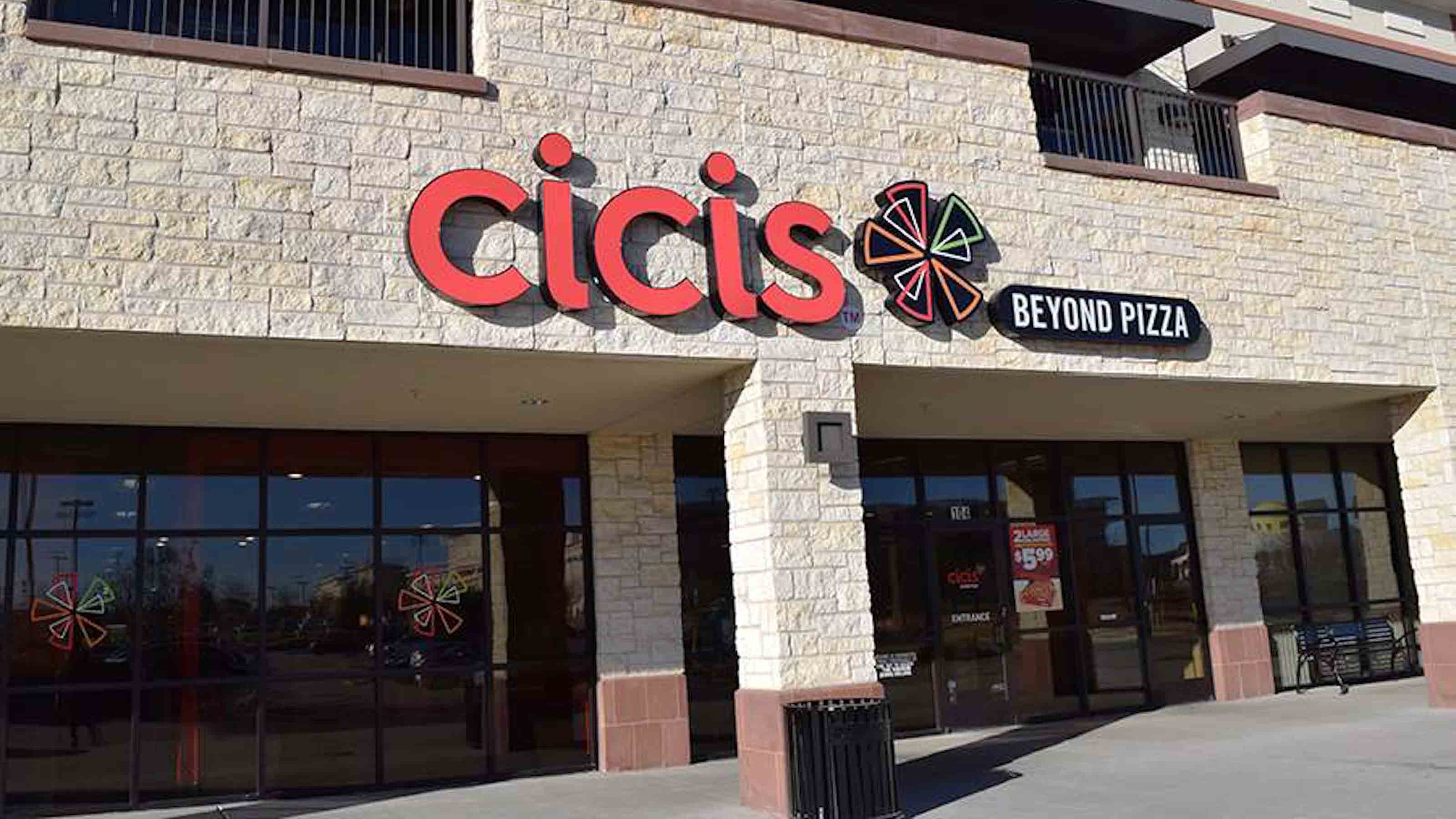
Cici's
- Headquarters: Coppell, Texas
- Number of employees: Unknown
- Number of locations: 318
- Filing date: Jan. 25, 2021
Many pizza chains thrived during the pandemic. Pizza was always a popular takeout option, and with many pizza chains already specializing in delivery, they were perfectly positioned for a lockdown.
Cici's was different. The Texas-based chain is a pizza buffet restaurant. And while sit-down restaurants struggled, buffet-style eateries were squeezed to the point that many might not recover.
COVID-19 proved deadly to the chain. Parent company Cici's Holdings saw its revenue decline by more than 50% in 2020. Citing the "unpredictable and unprecedented scale" of the pandemic, the company filed for Chapter 11 bankruptcy protection on Jan. 25, carrying between $50 million to $100 million in liabilities.
At the same time, D&G Investors, which acquired Cici's debt last December, said it would acquire the company in a debt-for-equity deal. Cici's quickly emerged from Chapter 11 in March 2021.

Christopher & Banks
- Headquarters: Plymouth, Minnesota
- Number of employees: 3,000
- Number of locations: 400
- Filing date: Jan. 14, 2021
Minnesota-based Christopher & Banks joined the long list of clothing retailers that have been pushed into bankruptcy by the pandemic.
The women's clothing company entered into Chapter 11 bankruptcy protection on Jan. 14, the result of "financial distress resulting from the pandemic and its ongoing impact." Christopher & Banks faced a lack of foot traffic in malls, yes, but it also suffered from a shift toward more casual clothing as many people began working from home.
Unable to find a buyer, the company said in January that it planned to close its 400 stores across 44. However, in March, a federal bankruptcy court green-lit the $12.7 million unloading of its e-commerce business to ALCC, an affiliate of Hilco Merchant Resources. Store closing sales – including fixtures (never a good sign) – started immediately.

FHC Holdings
- Headquarters: Houston, Texas
- Number of employees: 5,955
- Number of locations: 700
- Filing date: Dec. 3, 2020
Houston-based FHC Holdings (FRANQ, $0.20), parent of Francesca's, filed for Chapter 11 bankruptcy protection on Dec. 3. The boutique women's clothing seller had reportedly been struggling for several years, but the pandemic proved insurmountable. With half of its stores located in shopping malls which suffered shit-downs and massive declines in foot traffic, Francesca's saw first-quarter sales drop by 50%.
The company has been trying to catch up in online sales, and marketing to a younger 18-35 demographic. It also deferred nearly $37 million in rent payments. None of this was enough to ward off the inevitable. In December the company said it planned to shutter 140 of its 700 stores. It later added an additional 97 stores to the closure list.
In early February, Francesca's was sold for $18 million to a group comprised of TerraMar Capital, Tiger Capital Group and SB360 Capital Group. With a new $25 million asset-based revolving credit facility, Francesca's plans to keep at least 275 boutiques open, along with its e-commerce business and its Houston headquarters.
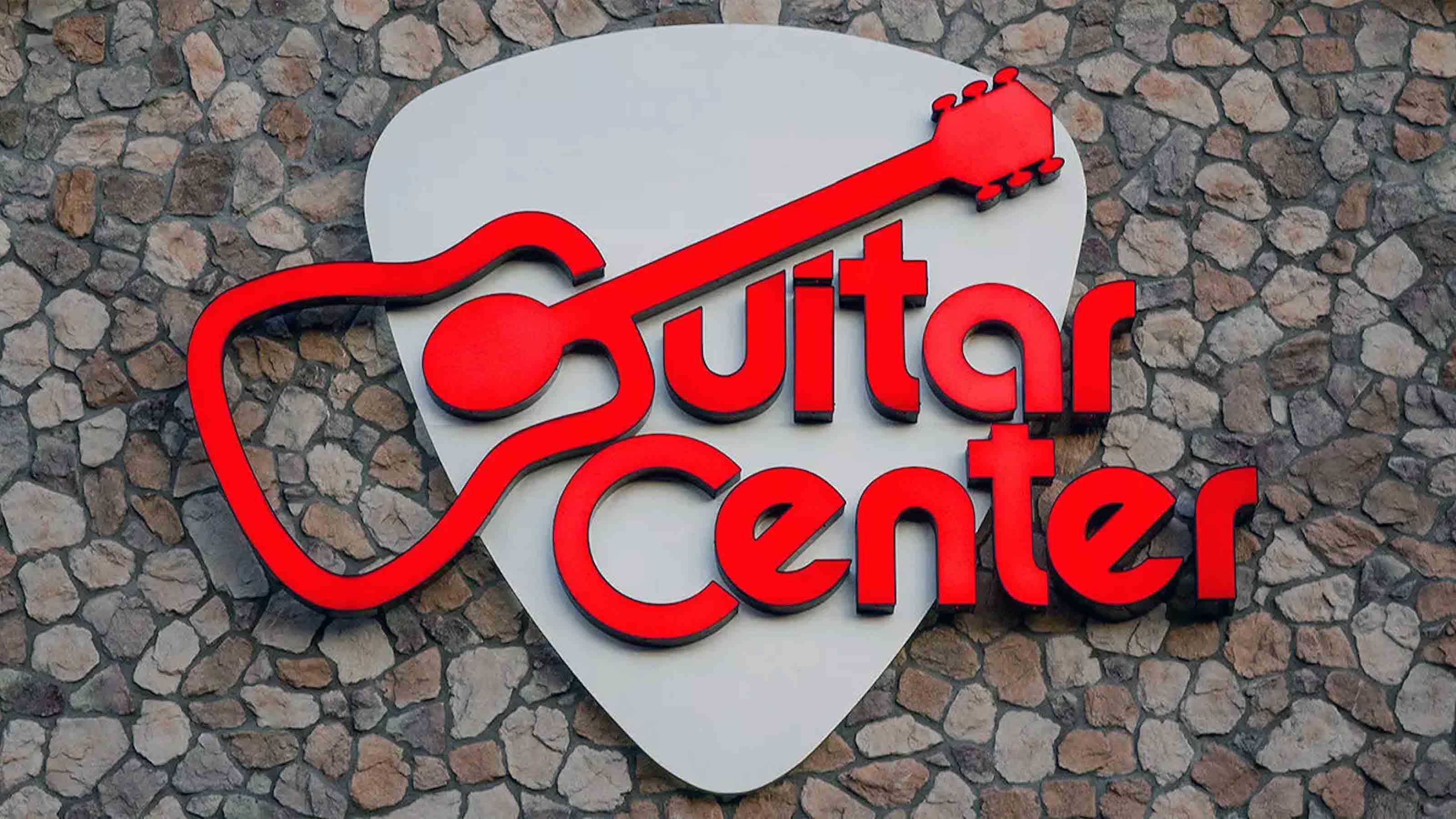
Guitar Center
- Headquarters: Westlake, California
- Number of employees: 13,000+
- Number of locations: 269
- Filing date: Nov. 21, 2020
Guitar Center, the largest retailer of musical instruments in the U.S. filed for Chapter 11 bankruptcy protection on Nov. 21, 2020.
Founded in 1959, Guitar Center had 269 retail locations, most of those located in malls – which shoppers avoided during the coronavirus pandemic. The company had been profitable and reported $2.3 billion in revenue in 2019, but it reported in-store sales "plummeted" in March, April, and May. They never fully recovered. Even with online sales helping to make up the lost revenue, sales were still down nearly 20% compared to 2019.
Combined with debt remaining from a 2014 private equity takeover, the company's IOUs had climbed to $1.3 billion.
Guitar Center emerged from Chapter 11 bankruptcy protection quickly, however, announcing an approved reorganization plan on Dec. 17. The plan wiped out more than $800 million in debt.

CBL & Associates Properties
- Headquarters: Chattanooga, Tennessee
- Number of employees: 594
- Number of locations: 100 properties
- Filing date: Nov. 1, 2020
Real estate investment trust CBL & Associates Properties (CBLAQ, $0.13) filed for Chapter 11 bankruptcy protection on Nov. 1. The pandemic that decimated brick-and-mortar retail stores was also bad news for the company, which owns or co-owns more that 100 malls. With anchor tenants like JCPenney going bankrupt, and other tenants unable to pay rent, CBL Properties began to warn investors it was in trouble.
In its bankruptcy filing, CBL properties suggested a deal that would give unsecured bondholders a 90% stake in the company in exchange for eliminating roughly $1.4 billion in debt.
In April, Bloomberg reported that "CBL & Associates Properties Inc. filed an amended Chapter 11 plan that incorporates a settlement with its key lenders, moving the mall operator a step closer to court approval of its reorganization."
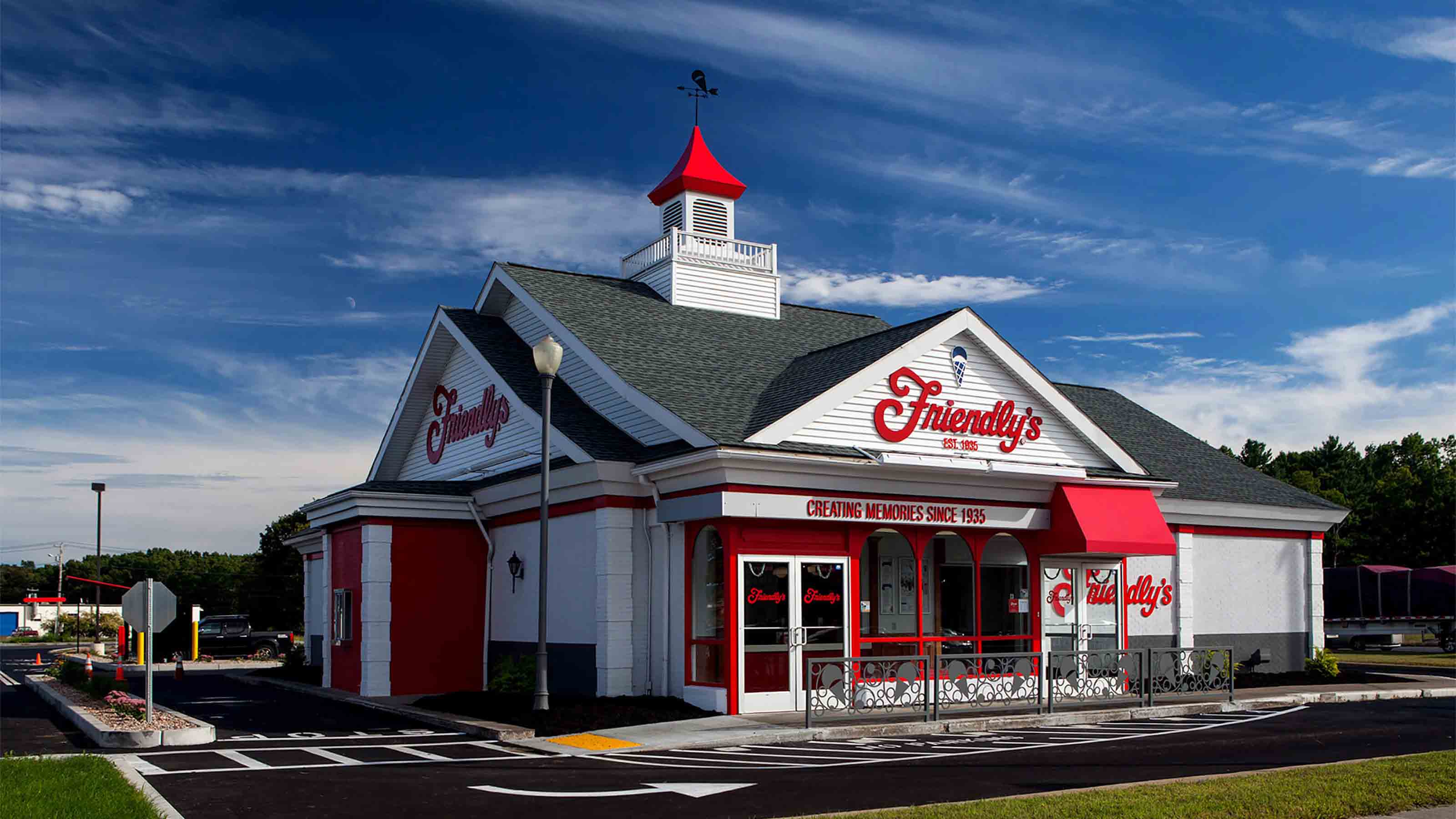
FIC Restaurants
- Headquarters: Wilbraham, Massachusetts
- Number of employees: 13,000+
- Number of locations: 130
- Filing date: Nov. 1, 2020
FIC Restaurants – owner of the popular Friendly's Restaurants chain – also filed for Chapter 11 bankruptcy protection on Nov. 1, citing the "catastrophic impact of Covid-19" on its business.
The iconic East Coast restaurant and ice cream chain had filed for Chapter 11 previously in 2011 and once had as many as 850 locations, but that had been reduced to 50 corporate-owned and 80 franchised locations. The company reportedly been making progress in a turnaround over the past two years prior to the pandemic disruption. Although it had been growing its takeout business, Friendly's was primarily a sit-down restaurant, making it especially vulnerable.
The company reported it had sufficient cash on hand to continue operations to ensure an uninterrupted transition to a new owner, and all locations would remain open in the meantime.
In January, Friendly's was sold to Amici Partners Group for just under $2 million. Amici plans to keep operating Friendly's, enhancing its menu (including additional ice cream options) and beefing up the restaurant's online ordering capability.
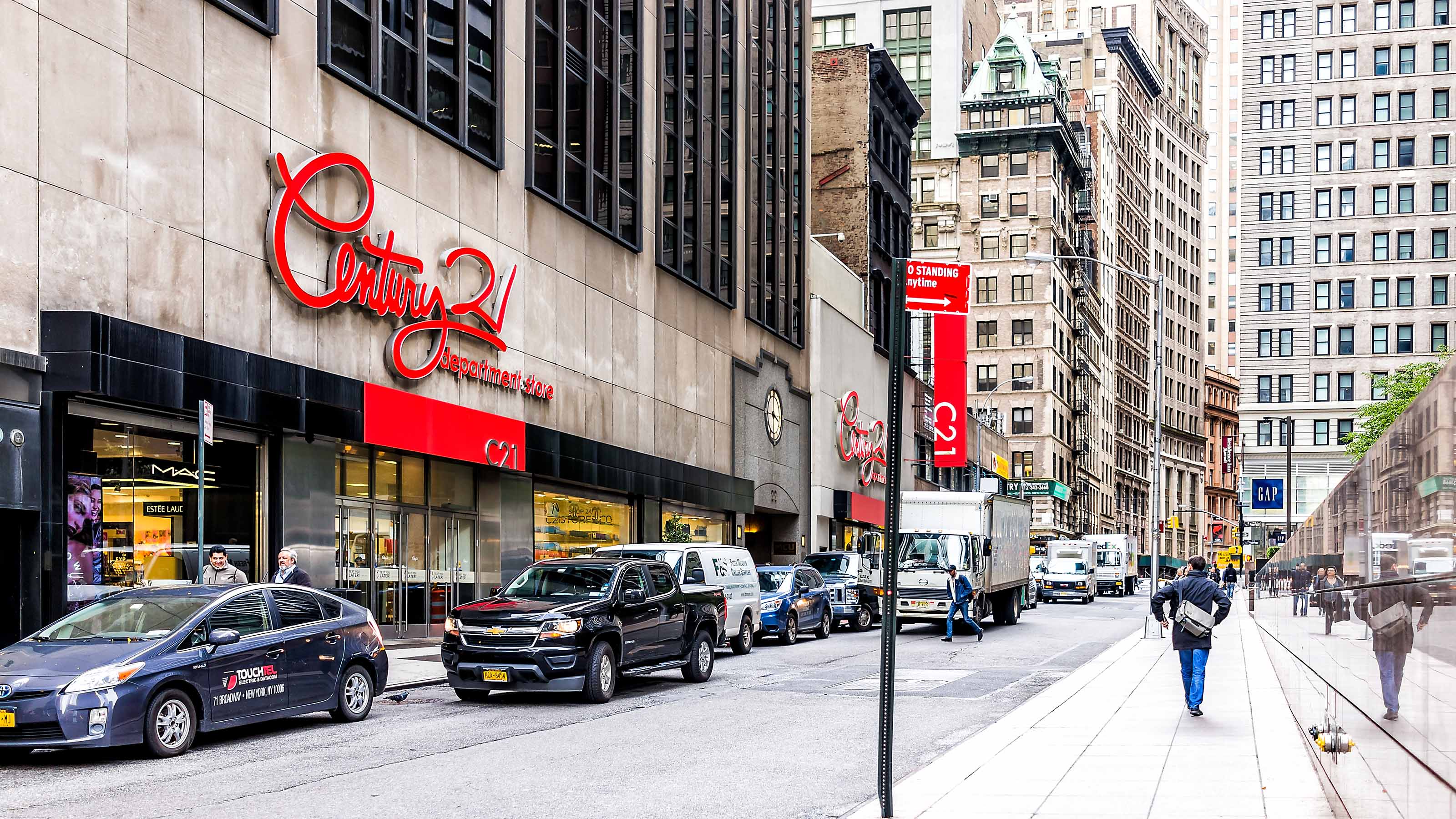
Century 21
- Headquarters: New York City
- Number of employees: 1,400
- Number of locations: 13
- Filing date: Sept. 10, 2020
Retailer Century 21, which was founded in Brooklyn back in 1961 and has 13 locations across the American Northeast, is one of a number of department store chains that had long been struggling with the shift to e-commerce before COVID put the pressure on.
The retailer finally threw in the towel in September, however, filing for Chapter 11 bankruptcy protection after its insurer refused to pay out $175 million in business interruption insurance payments that Century 21 filed for.
CEO Raymond Gindi pointed out that "insurance money helped us to rebuild after suffering the devastating impact of 9/11," referring to similar payouts received in the wake of the Sept. 11, 2001, terrorist attacks, connected to Century 21's location across from the World Trade Center. But many business interruption policies typically only cover losses in the case of direct physical damage to a business, and thus haven't covered COVID-related losses.
In this case, Century 21 will not use bankruptcy to reorganize, but instead will "wind down its retail operations" and close its remaining locations.
In an ironic twist, the most valuable asset Century 21 had remaining to help repay creditors was a $175 million claim against its business interruption insurance policy because of COVID-19. The company sold that claim to an undisclosed buyer in December.
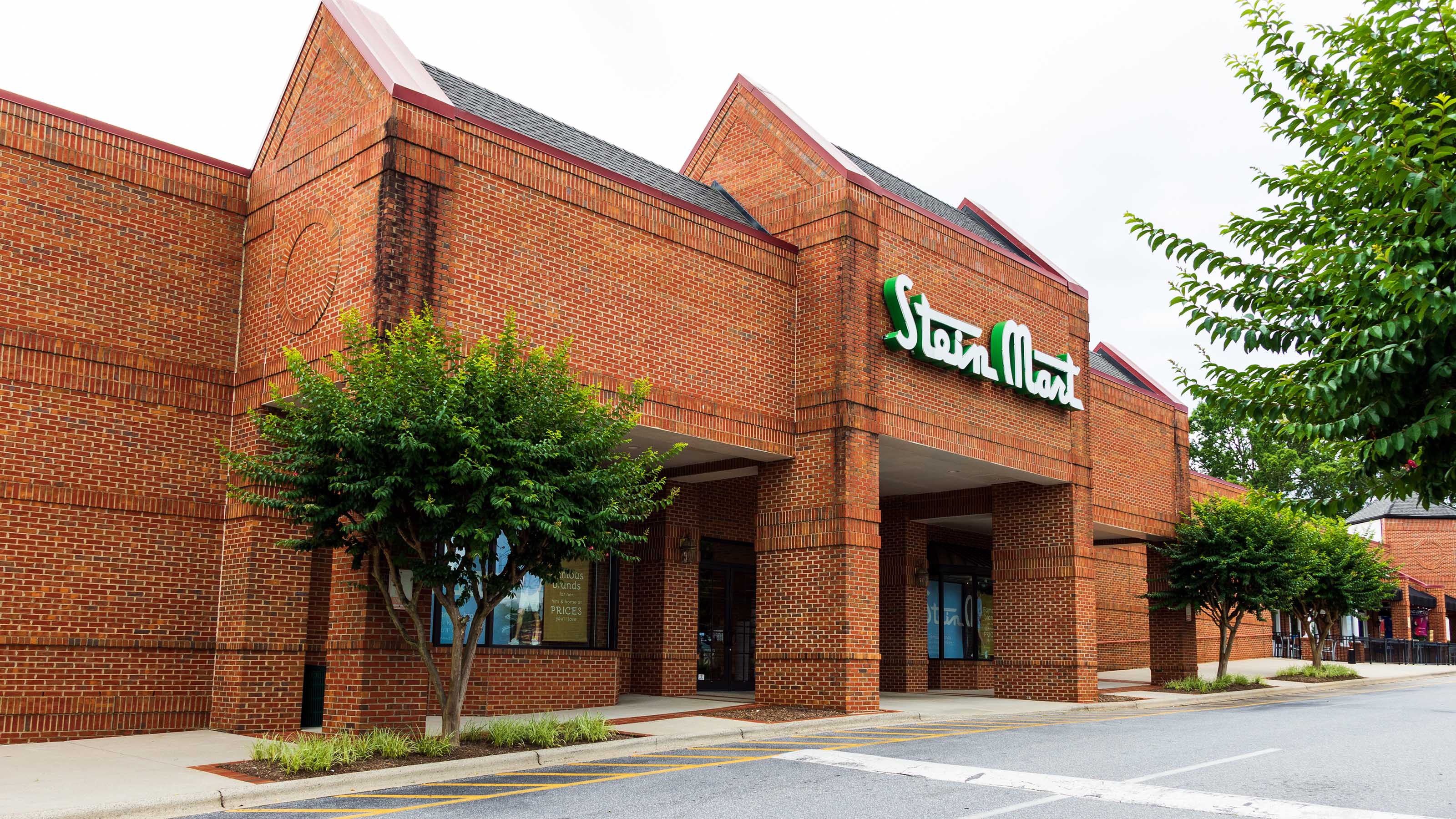
Stein Mart
- Headquarters: Jacksonville, Florida
- Number of employees: 9,000
- Number of locations: 279
- Filing date: Aug. 12, 2020
Florida-based discount department-store chain Stein Mart has been in business since 1908. In that time, it has expanded from its first store in Mississippi across 30 different states. It now operates 279 locations as well as an e-commerce website.
However, the chain had courted an older demographic – one that hasn't rushed to return to stores as pandemic lockdowns were lifted in the same numbers that younger shoppers have. The company was already in trouble and exploring privatization in 2018, but the coronavirus pandemic dealt it a killer blow.
Stein Mart filed for Chapter 11 bankruptcy on Aug. 12. The company launched liquidation sales and will permanently close all of its brick-and-mortar locations.
In December, Retail Ecommerce Ventures (REV) paid $6 million for Stein Mart's intellectual property, including private-label brands and customer data. REV specializes in buying up struggling brands to reposition them for online business. The company relaunched Stein Mart as an online-only store earlier this year.
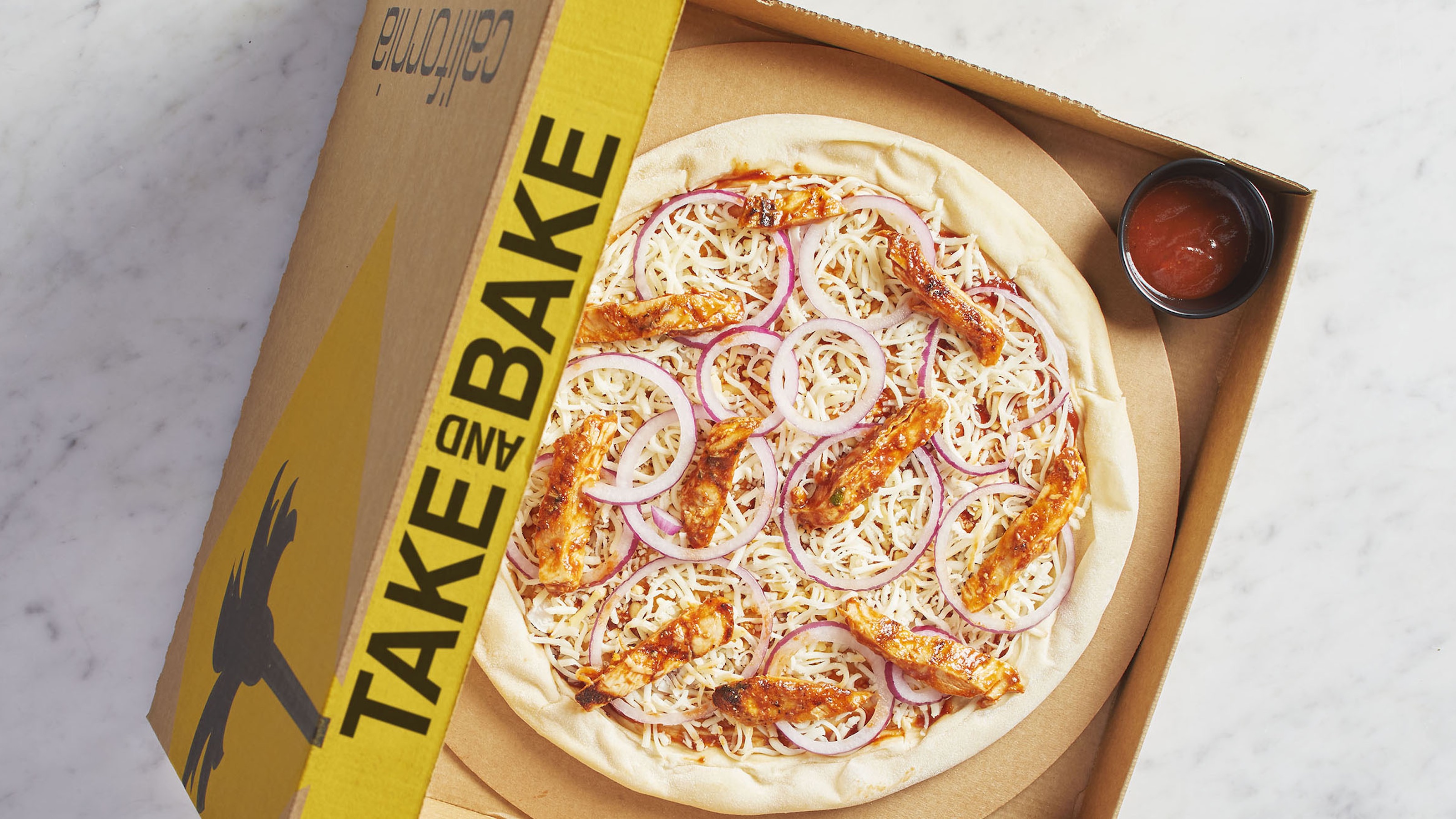
California Pizza Kitchen
- Headquarters: Playa Vista, California
- Number of employees: 14,000
- Number of locations: Over 200 in U.S. and worldwide
- Filing date: July 30, 2020
California Pizza Kitchen has been serving up California-style pies featuring fresh, seasonal ingredients since 1985. The privately held chain has weathered many crises since that time, but being forced to temporarily shutter locations because of the coronavirus pandemic was disastrous. Unlike other pizza chains that focus on delivery, CPK relies on in-restaurant dining for 80% of its revenue.
On July 30, California Pizza Kitchen announced it was filing for Chapter 11 bankruptcy protection. The company will remain in operation, although some unprofitable locations will be closed. Most CPK restaurants are now re-opened for outdoor dining and delivery, and some dining rooms are beginning to open as well. The company has also been selling meal kits, drinks and fresh produce through its CPK Market.
CEO Jim Hyatt offered this comment when the bankruptcy filing was announced:
"The unprecedented impact of COVID-19 on our operations certainly created additional challenges, but this agreement from our lenders demonstrates their commitment to CPK's viability as an ongoing business. Throughout this process we will continue to deliver the same innovative, California- inspired cuisine that we have been serving for over 35 years."
In November, California Pizza Kitchen announced it was emerging from bankruptcy protection. The company shed $220 million in debt, and has borrowed $177 million in capital to expand and focus on a new "Cali health" menu. With no repayments scheduled for the short term, California Pizza Kitchen has some breathing room to get back on its feet.

Tailored Brands
- Headquarters: Houston, Texas
- Number of employees: 18,000
- Number of locations: 1,450
- Filing date: July 23, 2020
You might not recognize the name Tailored Brands, but chances are you know some of the clothing retailers the company owns, including Men's Warehouse, K&G Superstores, JoS. A. Bank, and Canadian clothier Moore's Clothing for Men.
Tailored Brands was already in distress because of high debt incurred as part of its 2014 purchase of JoS. A. Bank. When the coronavirus pandemic hit, the company faced a double whammy of shuttered stores, and the work-from-home trend that cratered demand for suits and formal workwear. That resulted in revenue for the quarter ending May 2 dropping by over 60%.
On July 23, Tailored Brands filed for Chapter 11 bankruptcy protection. "While we have continuously evaluated and improved our ways of working, COVID-19 made it clear we needed to further adapt and evolve," the company said.
Tailored Brands stock was delisted in August. In December, it announced it had successfully restructured as a privately held company, In February, it began opening new "Next Gen" Men's Warehouse stores. On March 5, the company announced it had closed $75 million in financing to continue to advance its strategic plans, including opening more of the Next Gen stores.
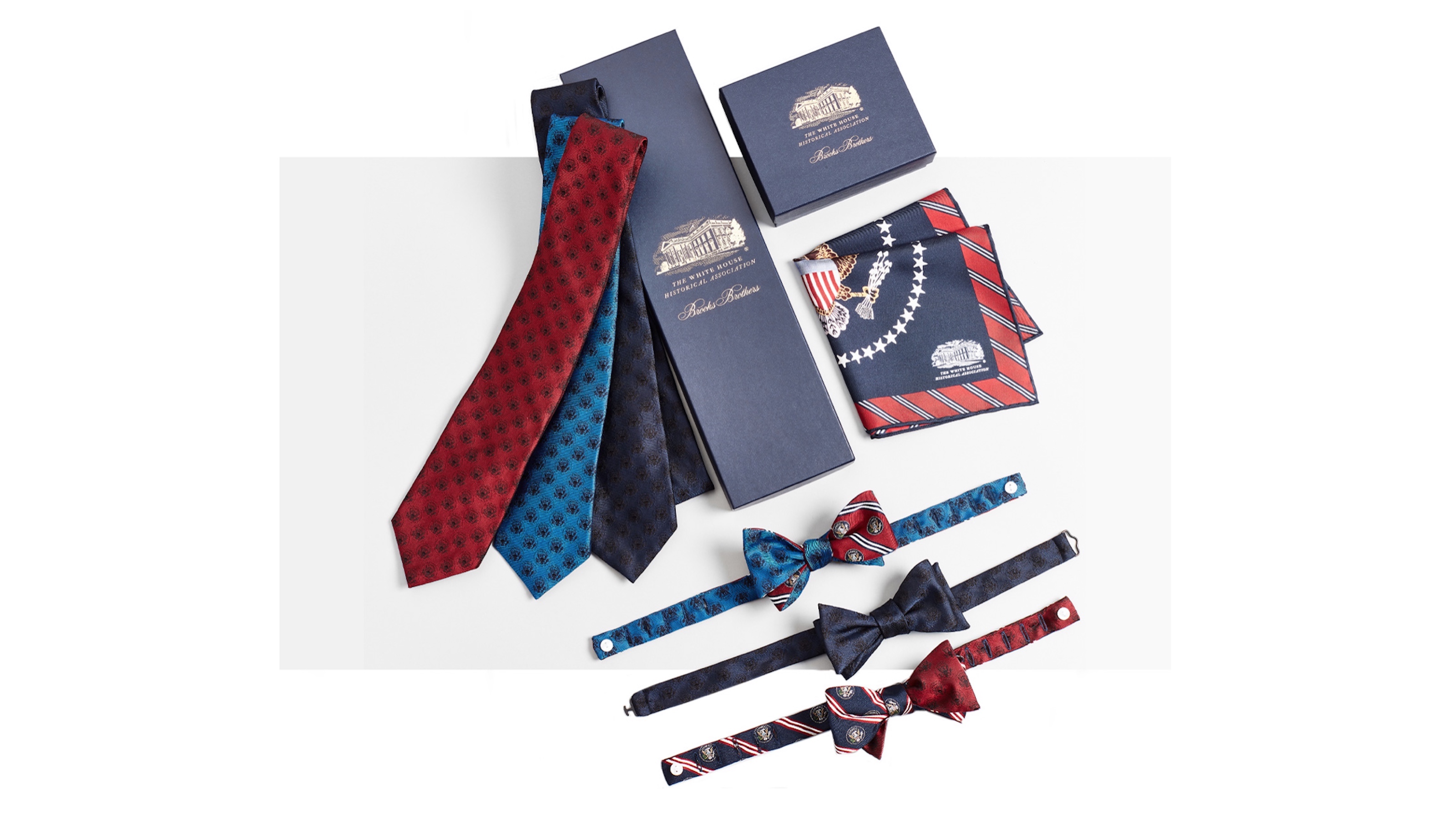
Brooks Brothers
- Headquarters: New York, New York
- Number of employees: 4,025
- Number of locations: 236 in U.S., 500 worldwide
- Filing date: July 8, 2020
Founded in 1818, upscale clothing retailer Brooks Brothers boasted of dressing 40 out of 45 Presidents of the United States. Brooks Brothers survived the Civil War, the First World War, the Great Depression and the Second World War, but the COVID-19 pandemic proved too much. The company filed for bankruptcy protection on July 20.
The privately owned company, which is one of the last remaining clothing brands to actually make some of its products in the U.S. (it has facilities in New York, Massachusetts and North Carolina), had been considering selling itself prior to the pandemic. Business casual was falling out of fashion, rents were high and department-store clients like Macy's (M) were struggling.
However, the pandemic not only closed stores and accelerated a move toward "athleisure" clothing, it also got in the way of any potential sale:
"During this strategic review, Covid-19 became immensely disruptive and took a toll on our business," the company writes.
In September 2020, Brooks Brothers was sold to mall operator Simon Property Group (SPG) and licensing firm Authentic Brands Group for $325 million through an operating company called SPARC Group. As part of the deal, the buyers agreed to keep 125 Brooks Brothers retail locations open. SPARC Group will manage all of Brooks Brothers' operations, including wholesale, retail and e-commerce.

Sur La Table
- Headquarters: Seattle, Washington
- Number of employees: Unknown
- Number of locations: 121
- Filing date: July 8, 2020
Sur La Table, a privately held retailer specializing in luxury kitchenware and in-store cooking classes, declared Chapter 11 bankruptcy on July 8.
The company's 121 U.S. stores were hit by closures, and the company says its bankruptcy filing is "a result of the financial impact of the COVID-19 crisis." Although locations had begun re-opening, it was too late to turn the business around.
At the time, Sur La Table said it planned to shut 51 locations permanently. And 20% of the company's staff was permanently laid off in June.
In August, Sur La Table was bought for nearly $90 million by a partnership between Marquee Brands and CSC Generation. In September, it was announced that a total of 73 locations would close, with new owners continuing to operate 55 stores.

Chesapeake Energy
- Headquarters: Oklahoma City, Oklahoma
- Number of employees: 1,900
- Number of locations: N/A
- Filing date: June 28, 2020
Shale fracking natural gas pioneer Chesapeake Energy (CHK, $55.18) finally collapsed under the additional strain of the pandemic, filing for Chapter 11 bankruptcy protection on June 28.
Chesapeake was struggling with the combination of low natural gas prices and a mountain of debt – $9.5 billion as of the end of 2019. Falling demand for the fuel as factories shut down along with a collapse in natural gas prices starting in February proved to be too much for Chesapeake to overcome. In the first quarter of 2020, the company lost $8.3 billion and was down to just $82 million in cash by the end of March.
Chesapeake's CEO described the strategy to restructure his company, primarily by reducing the accumulated debt that was dragging it down:
"By eliminating approximately $7 billion of debt and addressing the legacy contractual obligations that have hindered our performance, we are positioning Chesapeake to capitalize on our diverse operating platform and proven track record of improving capital and operating efficiencies and technical excellence. With these demonstrated strengths, and the benefit of an appropriately sized capital structure, Chesapeake will be uniquely positioned to emerge from the Chapter 11 process as a stronger and more competitive enterprise."
In February, Chesapeake Energy exited Chapter 11 bankruptcy protection after laying off 15% of its staff (220 workers), eliminating $7.7 billion in existing debt and raising $1 billion in new debt. The company says it plans to let its oil output decline, focusing on natural gas fields in Louisiana and the Northeast. It also aims to spend $700 million to $750 million per year on new projects that it estimates could generate $400 million per year in free cash flow.
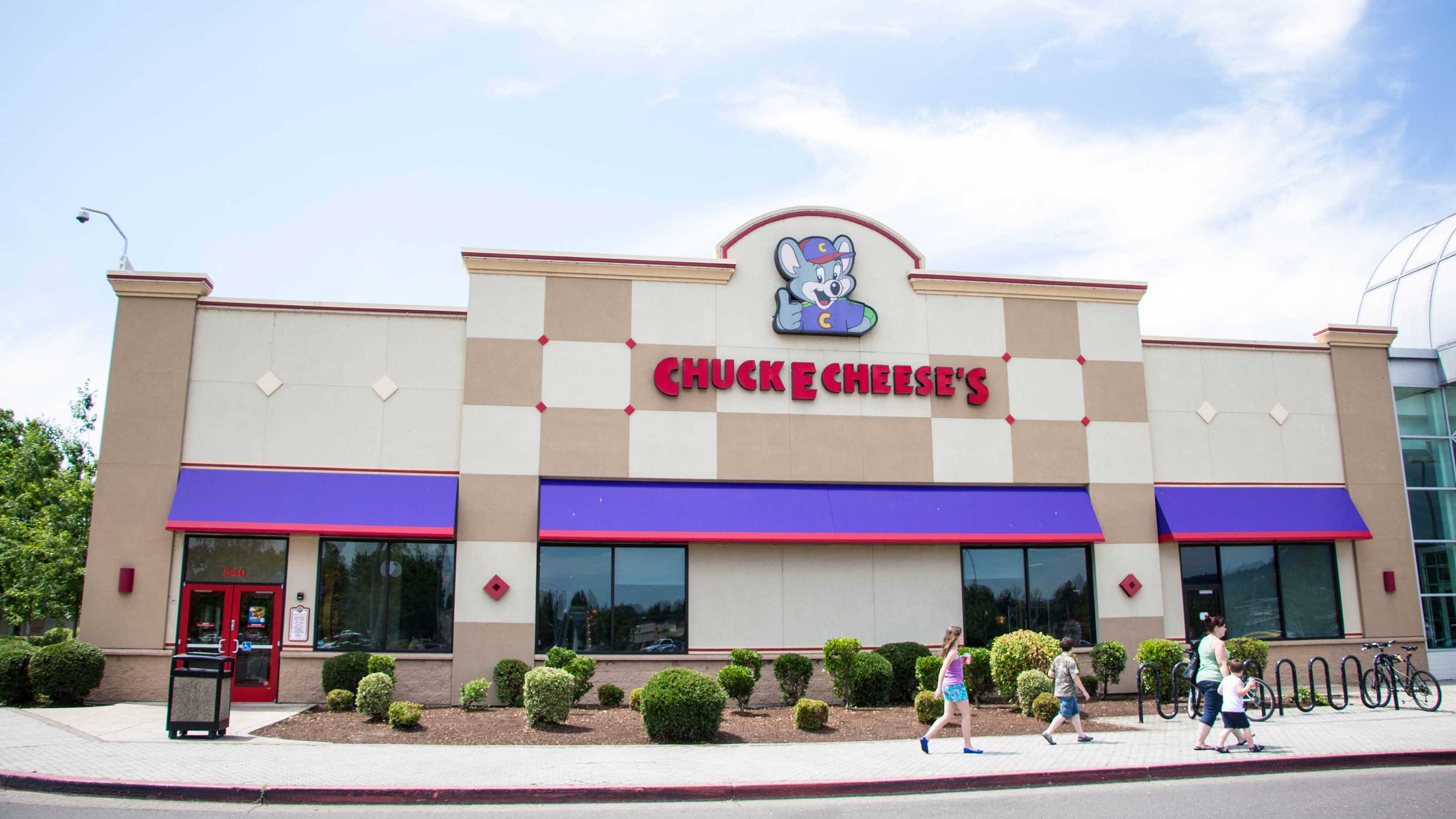
CEC Entertainment
- Headquarters: Irving, Texas
- Number of employees: 16,400
- Number of locations: 555
- Filing date: June 25, 2020
CEC Entertainment – best known as the parent company of pizza and kids' entertainment restaurant chain Chuck E. Cheese – filed for Chapter 11 bankruptcy protection on June 25.
The coronavirus pandemic had a dramatic impact on the company's business. The quarter ending March is typically the company's busiest, but same-store sales were down 21.9% year-over-year. Even with its Peter Piper takeout chain offering pizza to go, CEC Entertainment couldn't overcome the loss of business from the shutdown.
However, on Dec. 30, CEC Entertainment announced it was emerging from bankruptcy protection. After the proceedings, the company had eliminated $705 million in debt and boasted more than $100 million in liquidity.
CEC Entertainment plans to continue re-opening its restaurant locations as long as "it is safe to do so."
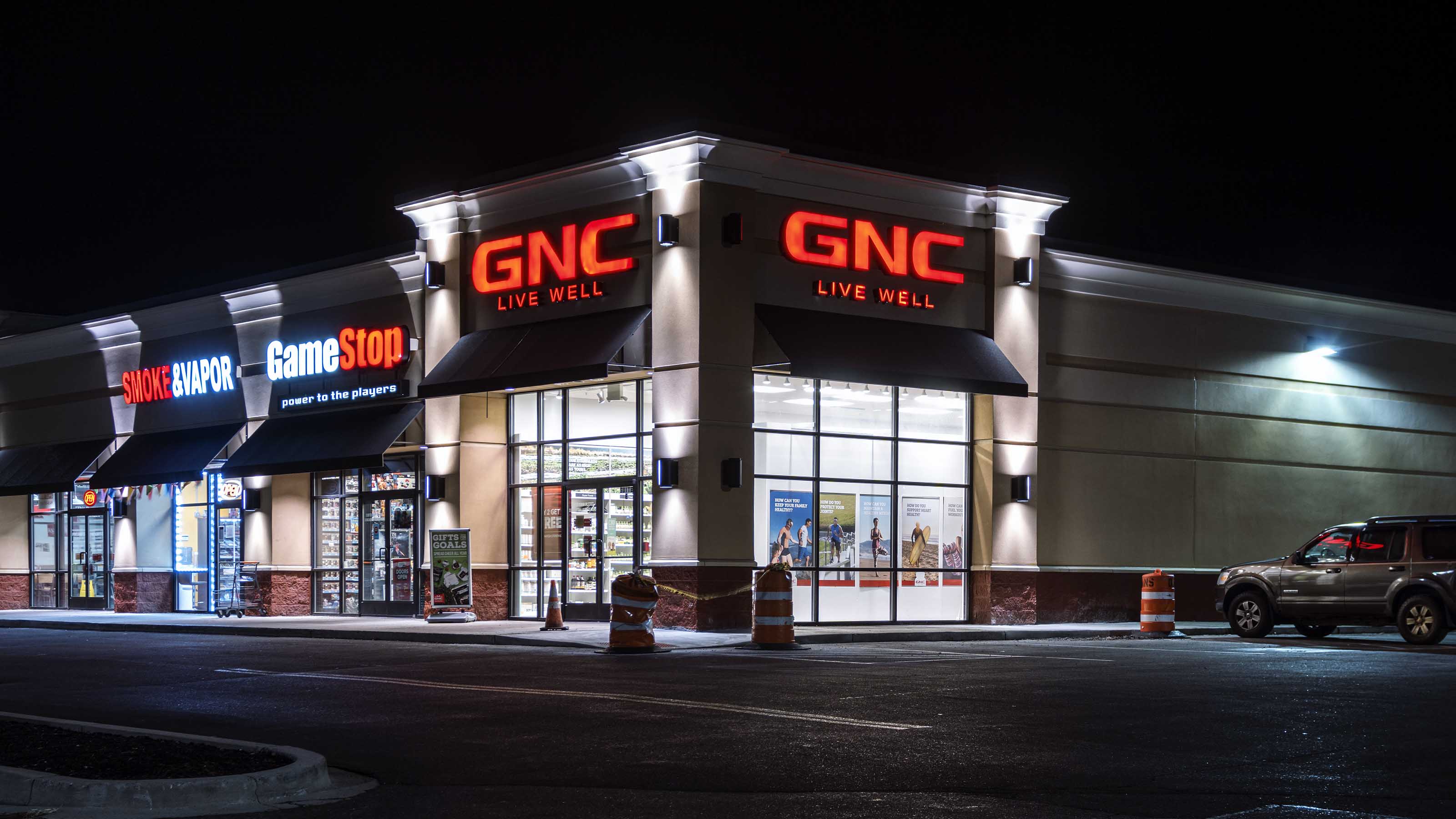
GNC Holdings
- Headquarters: Pittsburgh, Pennsylvania
- Number of employees: Unknown
- Number of locations: 5,800
- Filing date: June 23, 2020
After 85 years in business, GNC Holdings was forced to seek bankruptcy protection in June. The company's stock was delisted from the New York Stock Exchange, but has been trading at 44 cents per share, compared to the $60 level at its 2013 peak.
GNC already was in trouble before the pandemic hit. The vitamin and health supplement company told investors last December that it was planning to close 900 locations by the end of 2020, citing declining traffic in malls. Having to temporarily shutter stores during the coronavirus lockdown was the final blow. Losses in its first quarter hit $200 million, and the company is nearly $900 million in debt.
Under its reorganization plan, GNC said that between 800 and 1,200 stores would be permanently closed as it used Chapter 11 to "to right-size store portfolio and improve its capital structure." Remaining GNC retail stores and the company's e-commerce site stayed open during the process.
In September, a federal bankruptcy court judge approved the sale of GNC to China's Harbin Pharmaceutical (GNC's largest shareholder) for $770 million. The sale had raised national security concerns but ultimately was approved. Underperforming stores were to be shuttered, but the company was expected to keep 1,400 GNC retail locations open.

Hertz
- Headquarters: Bonita Springs, Florida
- Number of employees: 38,000
- Number of locations: 12,400
- Filing date: May 22, 2020
Hertz Global Holdings (HTZZ, $15.00) filed for Chapter 11 bankruptcy protection on May 22. The 102-year-old car rental company was decimated when the coronavirus pandemic all but shut down travel. That capped four years of losses that already had Hertz on shaky ground.
Explaining that "no business is built for zero revenue," the company threw in the towel after its lenders were unwilling to extend the deadline for payments on car leases. At this point, the company was $18.8 billion in debt and had already laid off 12,000 workers – with another 4,000 on furlough.
Hertz continued operations as it restructures. Besides layoffs, the company sold off many of its 568,000 vehicles to raise cash and cut costs.
In the meanstwhile, Hertz shareholders had a wild ride. After its bankruptcy filing, Hertz stock got caught up in Reddit/Robinhood-fueled trading. At one point, the company was planning to issue $500 million in stock to take advantage of soaring share prices – a plan that was eventually cancelled after conversation with the SEC. In October, the company secured $1.65 billion in financing, giving it the capital to buy new vehicles – a move that sent the stock to a near doubler. Then on Nov. 5, the company announced it had landed another $4 billion for fleet financing.
Fast forward to March of this year, and Hertz received a $4.2 billion buyout bid from Knighthead Capital Management and Centares Management, which it accepted in May. HTZGQ shares jumped nearly 70% on the news – a rare payout for shareholders in a bankrupt company.

Apex Parks Group
- Headquarters: Aliso Viejo, California
- Number of employees: Unknown
- Number of locations: 2 water parks, 10 family entertainment centers
- Filing date: April 8, 2020
Apex Parks Group is a privately held operator of water parks and family entertainment centers in California, Florida and New Jersey.
Apex Parks already was struggling thanks to competition and consolidation in the industry. However, the coronavirus pandemic hit just in time to disrupt prime spring break and summer vacation business. Facing park closures because of the coronavirus lockdowns and uncertainty in what reopening would look like, the company filed for Chapter 11 bankruptcy protection on April 8.
A lender group led by private equity firm Cerberus Capital Management announced it would buy Apex Group for $45 million in a deal that would relieve Apex of some of its debt.
However, several Apex Parks "Boomers!" locations were permanently shut down in June. And in February, Apex Parks filed to convert its Chapter 11 bankruptcy to Chapter 7, saying the money generated by the sale was insufficient to fund Chapter 11 wind down operations and liquidation.

Art Van Furniture
- Headquarters: Warren, Michigan
- Number of employees: 3,100
- Number of locations: 190
- Filing date: March 8, 2020
Art Van Furniture is a privately held Michigan-based furniture and mattress retailer that got its start in East Detroit in 1959, and has since expanded its presence to nine states.
However, Art Van Furniture has been circling the drain since founder Art Van Elslander sold it to private equity firm Thomas H. Lee Partners three years ago. After the chain lost money in 2019 and credit card companies demanded collateral for continued support, the company began preparing for liquidation. An attempt to refinance and save the business collided head-on with the coronavirus pandemic.
"However, due to a number of factors, including the impact of the coronavirus outbreak on investor confidence, the consortium was unable to secure needed investment in late February and last week some master lessors pulled out of the deal," Crain's Detroit Business writes.
The company filed for Chapter 11 bankruptcy protection on March 8, but the COVID-19 pandemic killed its ability to reorganize under Chapter 11, forcing it to convert to a Chapter 7 liquidation. Loves Furniture hs bought 27 of its stores and planned to reopen them under its own brand. Meanwhile, Robert Levin, who sold his operations to Art Van in 2017, agreed to a $26 million deal to buy Levin inventory in Pennsylvania and Ohio, planning to reopen some Levin locations.
However, In January, Loves Furniture also filed for Chapter 11 bankruptcy protection, saying it has "too much inventory and too little cash" to continue operations. The company began liquidating 13 stores last December, and is hoping to move forward with 12 stores. In February, the Van Elslander family paid $6 million to buy back the rights to the Art Van Furniture name, but it has not released any plans to use it going forward.

Cinemex Holdings USA
- Headquarters: Miami, Florida
- Number of employees: 2,750
- Number of locations: 41
- Filing date: April 25
Privately held Cinemex Holdings USA was building a small empire of upscale dine-in movie theaters, with 41 CMX theaters in 12 states. But even though it was in expansion mode, it also was in distress before COVID-19 squeezed the economy.
"Even prior to filing for bankruptcy, we were spending over 30 percent of our revenues on lease-related expenses while studios ended up with 60 percent of every ticket sold," Cinemex told Deadline.
Cinemex had been in negotiations to buy Houston-based Star Cinema Grill when the coronavirus lockdown hit. The deal would have made Cinemex the seventh largest U.S. movie theater chain. However, with theaters shut down, rent due and an uncertain future thanks to COVID-19 concerns, the deal was scuttled. Shortly after, Cinemex filed for Chapter 11 bankruptcy protection.
"We are in a state of complete uncertainty as to when we can re-open our theaters and when our customers will feel safe and secure in returning to them given that there is presently no vaccine against the virus," Cinemex Holdings USA said in a statement. "We cannot forecast when – if ever – customer numbers will return to pre-crisis levels."
In December, Cinemex Holdings USA emerged from bankruptcy protection. The company had spent six months negotiating with landlords, coming out with modified leases that included revenue-sharing provisions. Ten underperforming locations were closed.

Diamond Offshore Drilling
- Headquarters: Houston, Texas
- Number of employees: 2,500
- Number of locations: 15 drilling rigs
- Filing date: April 26
Texas-based Diamond Offshore Drilling is one of several energy stocks hit hard by the one-two punch of reduced oil demand thanks to the coronavirus, and the brief Saudi-Russian price war.
As demand dried up, U.S. oil producers began shutting off their oil wells in the Gulf of Mexico, which killed demand for Diamond's drilling rigs. The company had been borrowing heavily, and S&P Global Ratings downgraded the company's debt for a skipped interest payment before Diamond ultimately filed for Chapter 11 bankruptcy protection April 26.
"Like many companies, Diamond has been impacted by the continued downturn in the oil and gas industry," the company said in a release. "Restructuring our finances will allow us to build a bridge to the upturn in the industry when fleet utilization and day rates return to more normal levels."
On Jan. 25, Diamond Offshore Drilling announced its creditors had agreed to a comprehensive restructuring plan. Then in April, the company announced it had exited Chapter 11.
"The restructuring significantly delevers the Company's balance sheet and provides substantial liquidity for the Company, resulting in the equitization of approximately $2.1 billion in senior unsecured note obligations and providing the Company with over $625 million of new available capital," Diamond Offshore said in a statement.
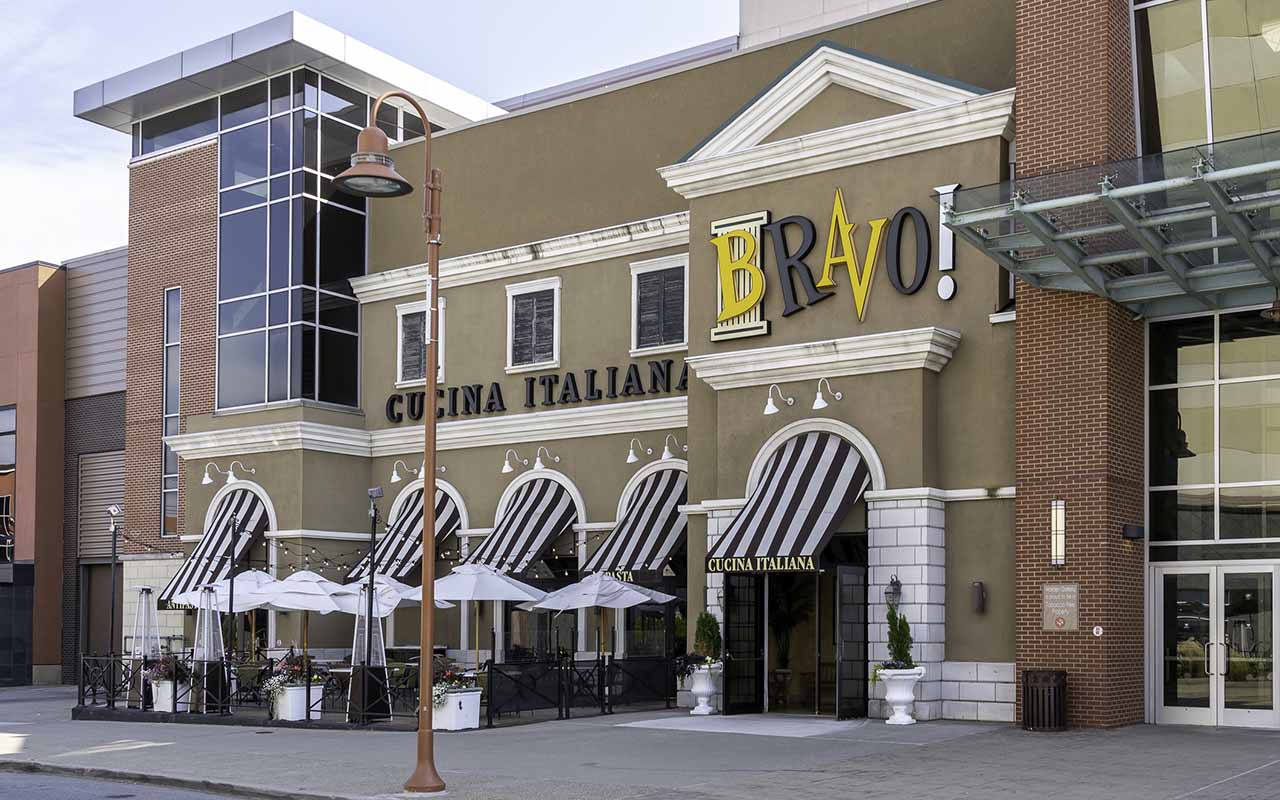
FoodFirst Global Restaurants
- Headquarters: Orlando, Florida
- Number of employees: 6,000+
- Number of locations: 92
- Filing date: April 11
FoodFirst Global Restaurants is the privately held parent company of Italian-themed restaurant chains Bravo and Brio.
The restaurants once belonged to Bravo Brio Restaurant Group, which was founded in 1992. The company went public in 2010 but went private in 2018 via a sale to Spice Private Equity, which renamed the company FoodFirst Global Restaurants. Because of struggles at Bravo and Brio, FoodFirst hired a new CEO in January 2020 to implement a turnaround, with a goal of improving efficiency.
But that turnaround was kneecapped by forced restaurant closures on the heels of the COVID-19 pandemic. FoodFirst Global Restaurants filed for bankruptcy on April 11, writing in its filing:
"The improvement process was radically altered due to the current international health crisis, creating massive restaurant closings and employee losses throughout the country via state ordered shelter-in-place requirements, which exacerbates the need to reduce the Restaurants' footprint in order to maintain the strongest and most viable locations."
FoodFirst had already closed 10 locations permanently in early January and expected to close more as their leases expire.
In June 2020, the Robert Earl Group (operator of Planet Hollywood restaurants) acquired FoodFirst Global's Bravo and Brio restaurants, announcing the deal would see more than 4,000 employees return to work once locations were fully operational.

Gold's Gym
- Headquarters: Dallas, Texas
- Number of employees: Unknown
- Number of locations: Approximately 700
- Filing date: May 4
Unlike many companies on this list, privately held Gold's Gym wasn't struggling prior to the coronavirus pandemic. In fact, the company specifically discounts any prior issues as being a factor in its bankruptcy:
"2019 was our strongest year of worldwide growth in company history," the company writes." No single factor has caused more harm to our business than the current COVID-19 global pandemic and the temporary closures required to protect the safety of our members, team members and communities."
Instead, the May 4 bankruptcy was meant to help the company financially restructure. Gold's said it would permanently close 30 company-owned gyms, but it expected its early 700 global franchised and licensed gyms to reopen.
In July, Gold's Gym announced that German fitness company RSG Group GMBH had won a court-approved auction to buy the chain for $100 million. That plan was approved by a U.S. bankruptcy court in August.

Intelsat
- Headquarters: McLean, Virginia
- Number of employees: 1,100 (estimate)
- Number of locations: Three U.S. offices
- Filing date: May 13
Intelsat (INTEQ, $0.48) isn't one of the kinds of businesses you'd imagine falling to the COVID-19 outbreak. The company helps broadcast and cable TV providers distribute content to customers, as well as provides communications services, via a fleet of 50 satellites.
Intelsat wants to launch new satellite technology that would allow it to sell off part of its C-Band spectrum as part of an FCC airwave auction. That spectrum would be sold to wireless companies as they bulk up their 5G service.
However, "to meet the FCC's accelerated clearing deadlines and ultimately be eligible to receive $4.87 billion of accelerated relocation payments, Intelsat needs to spend more than $1 billion on clearing activities," the company writes. But Intelsat also is servicing nearly $15 billion in debt that previous private equity owners saddled the company with, and the coronavirus pandemic further cramped its financial flexibility.
So, on May 13, the company filed for Chapter 11 bankruptcy protection, which was expected to help relieve some of that debt burden. In fact, CEO Stephen Spengler gave the announcement a positive twist, calling the filing "a transformational moment in the history of our company."
"This will position us to invest and pursue our strategic growth objectives, build on our strengths, and serve the mission-critical needs of our customers with additional resources and wind in our sails," he writes.
Despite being in bankruptcy, Intelsat continued to wheel and deal. In September, the company used $400 million of a $1 billion bankruptcy loan to buy the inflight Wi-Fi business of Gogo (GOGO).
In February 2021, Intelsat said it had reached an agreement with some of its creditors. The proposed plan would cut the company's debt to $7 billion and give unsecured debt holders 95% of the company's new shares. However, as of July, Intelsat still had not emerged from Chapter 11 bankruptcy.

J.C. Penney
- Headquarters: Plano, Texas
- Number of employees: 95,000
- Number of locations: 846
- Filing date: May 15
J.C. Penney, one of the nation's largest department-store chains with nearly 850 locations, has long faced the same uphill battle as many of its brick-and-mortar competitors. The launch of its own e-commerce site, as well as experimenting with new store formats, hasn't been enough to reinvigorate the retailer.
Even during the 2019 holiday season, which saw record consumer spending, J.C. Penney's same-store sales (stores and websites open for at least 12 months) declined 7.5% year-over-year.
Store closures due to the COVID-19 pandemic were the final straw. On May 15, the company was forced to seek out Chapter 11 bankruptcy protection, and it also announced a restructuring support agreement that would help it "reduce several billion dollars of indebtedness."
Several days after that filing, the company said it plans to permanently close 242 J.C. Penney locations by 2021.
In September, Simon Property and fellow mall operator Brookfield Property Partners LP (BPY) were reported to be closing in on a deal worth $800 million to buy out the retailer. In December, the deal closed and J.C. Penney exited Chapter 11 bankruptcy protection, avoiding liquidation.
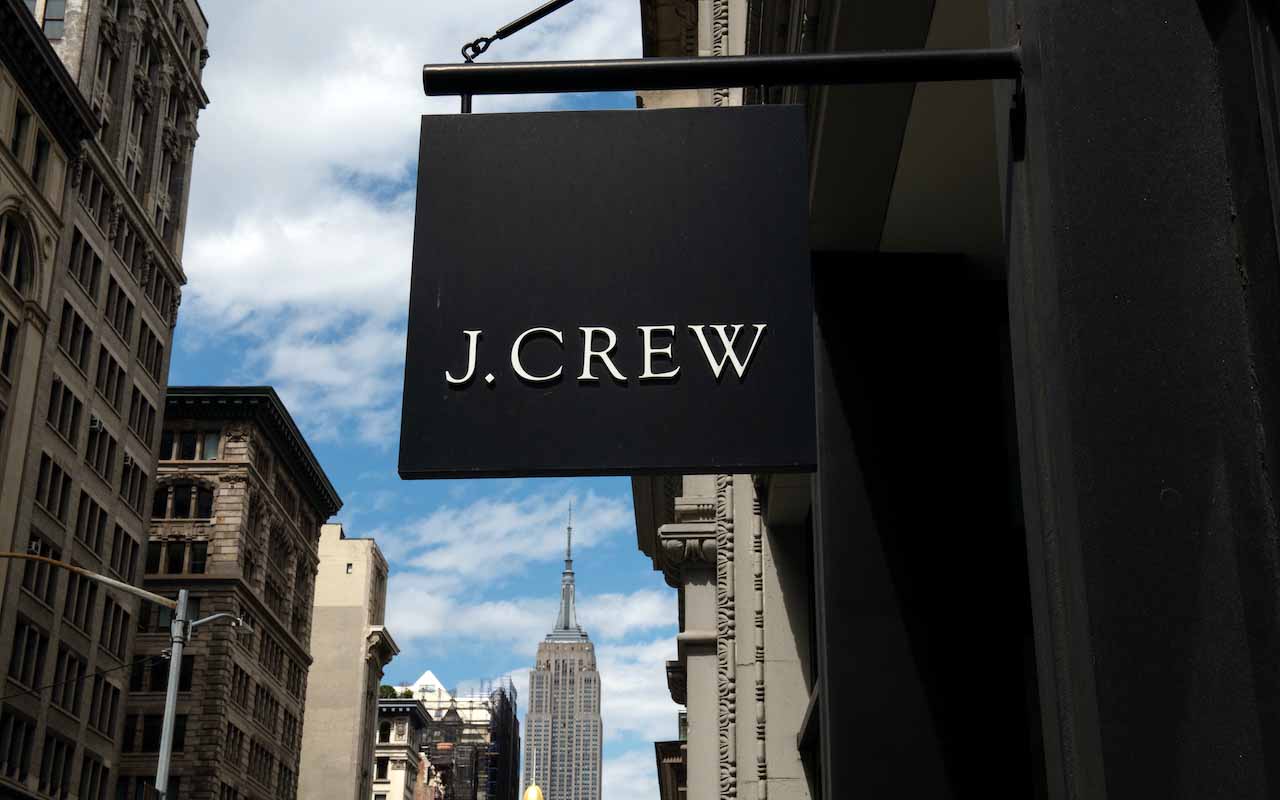
J. Crew
- Headquarters: New York, New York
- Number of employees: 13,000
- Number of locations: 491
- Filing date: May 4
American clothing retailer J. Crew began life as Popular Merchandise in 1947 before taking on its current name in 1983. It initially was a catalog operation, but it expanded into J. Crew retail stores and eventually added the Madewell brand. Then in 2011, private equity firms TPG Capital and Leonard Green & Partners paid $3 billion to acquire J. Crew.
The company known for its "preppy" clothing has been accumulating debt ever since, owing roughly $1.7 billion as of Feb. 1. Declining sales have dogged the legacy brand, but Madewell was growing so much that J. Crew considered "unlocking" value by spinning it off via an initial public offering.
The coronavirus lockdown and resulting store closures derailed that plan, at least temporarily. J. Crew filed for Chapter 11 bankruptcy protection on May 4.
"We are and will remain fully operational throughout this restructuring process," J. Crew said in a statement. "We will continue operating under the COVID response measures currently in place and look forward to reopening our stores in accordance with CDC guidance as quickly and safely as possible."
In September, J. Crew announced it had completed financial restructuring and was emerging from Chapter 11 protection, with Anchorage Capital Group as the majority owner of the company.
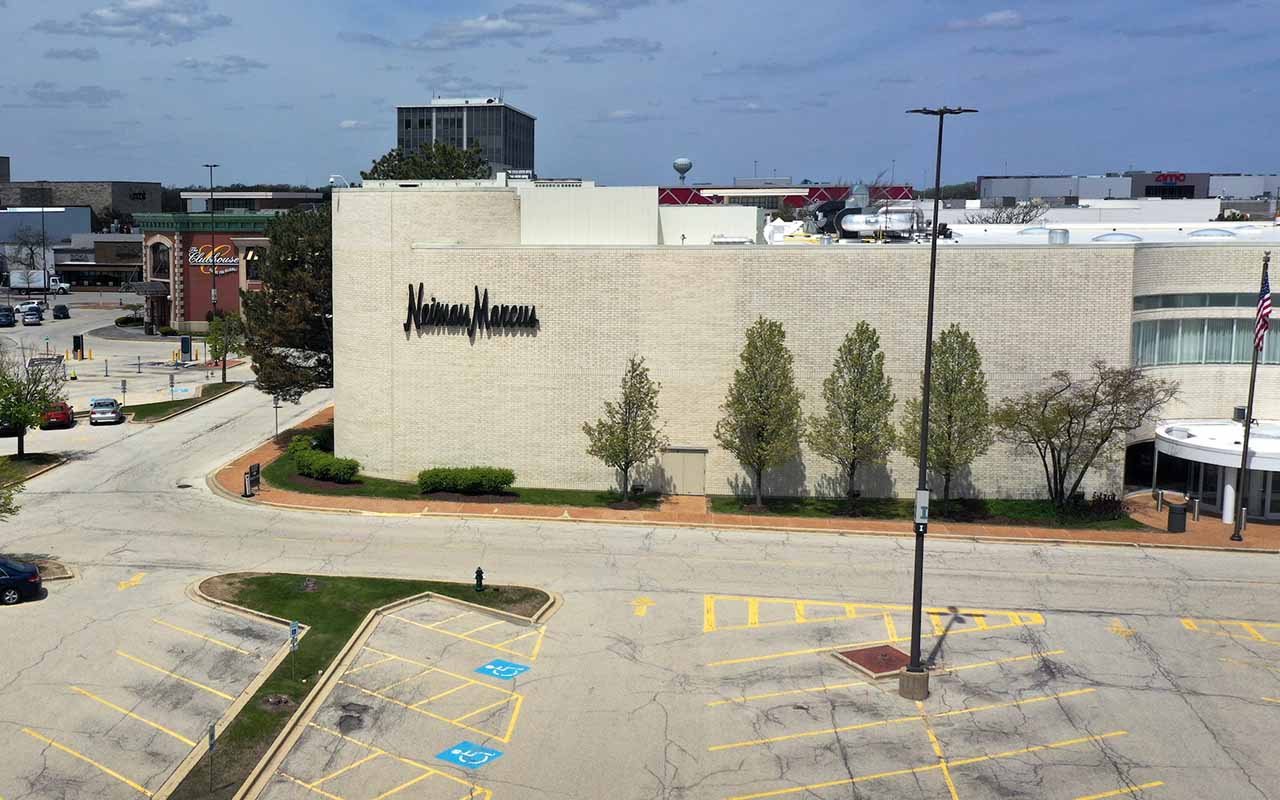
Neiman Marcus
- Headquarters: Dallas, Texas
- Number of employees: 13,500
- Number of locations: 67
- Filing date: May 7
Privately held Neiman Marcus is an iconic, luxury retail chain that was founded in 1907. Its latest store, which opened in 2018, was a three-floor, 188,000-square-foot location in Manhattan's Hudson Yards development. In addition to 43 Neiman Marcus locations, it also owns 22 Last Call outlets and two Bergdorf Goodman stores.
But the company has been struggling under about $5 billion in debt, as well as watching customers abandon its lavish department stores for the comfort of online shopping.
COVID-19 forced Neiman Marcus to temporarily close all of its stores, which ultimately was the company's breaking point. Neiman Marcus filed for Chapter 11 bankruptcy protection on May 7, with CEO Geoffroy van Raemdonck writing:
“Prior to COVID-19, Neiman Marcus Group was making solid progress on our journey to long-term profitable and sustainable growth. … However, like most businesses today, we are facing unprecedented disruption caused by the COVID-19 pandemic, which has placed inexorable pressure on our business.”
On Sept. 25, Neiman Marcus announced it had completed its Chapter 11 bankruptcy restructuring. As expected, the company was able to eliminate over $4 billion in debt, as well as $200 million in annual interest payments. The company's new owners include Davidson Kempner Capital Management, Pimco and Sixth Street Partners.
The new Neiman Marcus is leaner with fewer in-store staff. It plans to focus on a luxury lifestyle and online selling (including connecting with its customers through digital services), while also trying to attract new millennial and Gen Z shoppers.

Pier 1 Imports
- Headquarters: Fort Worth, Texas
- Number of employees: Unknown
- Number of locations: 540
- Filing date: Feb. 17
Many of the companies on this list expect to continue operating during and after their bankruptcy reorganizations. But Pier 1 Imports could be done for good.
Pier 1 Imports, which has already closed hundreds of stores over the past few years, has simply been unable to fight the one-two punch of growing online competition from e-commerce stocks such as Amazon.com (AMZN) and Wayfair (W), as well as big-box stores such as Target (TGT) and Walmart (WMT).
Pier 1 had already closed 402 of its more than 940 stores before filing for Chapter 11 bankruptcy protection on Feb. 17, before COVID-19 started hammering U.S. retail.
But the coronavirus nonetheless dealt the death blow. On May 19, Pier 1 announced it was giving up on its previous bankruptcy plans and simply liquidating, shutting down its remaining 540 or so stores.
"This decision follows months of working to identify a buyer who would continue to operate our business going forward," CEO Robert Riesbeck said in a press release. "Unfortunately, the challenging retail environment has been significantly compounded by the profound impact of COVID-19, hindering our ability to secure such a buyer and requiring us to wind down."
Retail Ecommerce Ventures (REV) paid $30 million for the retailer's name and intellectual property in July. In October, REV began operating Pier 1 Imports as an e-commerce site.
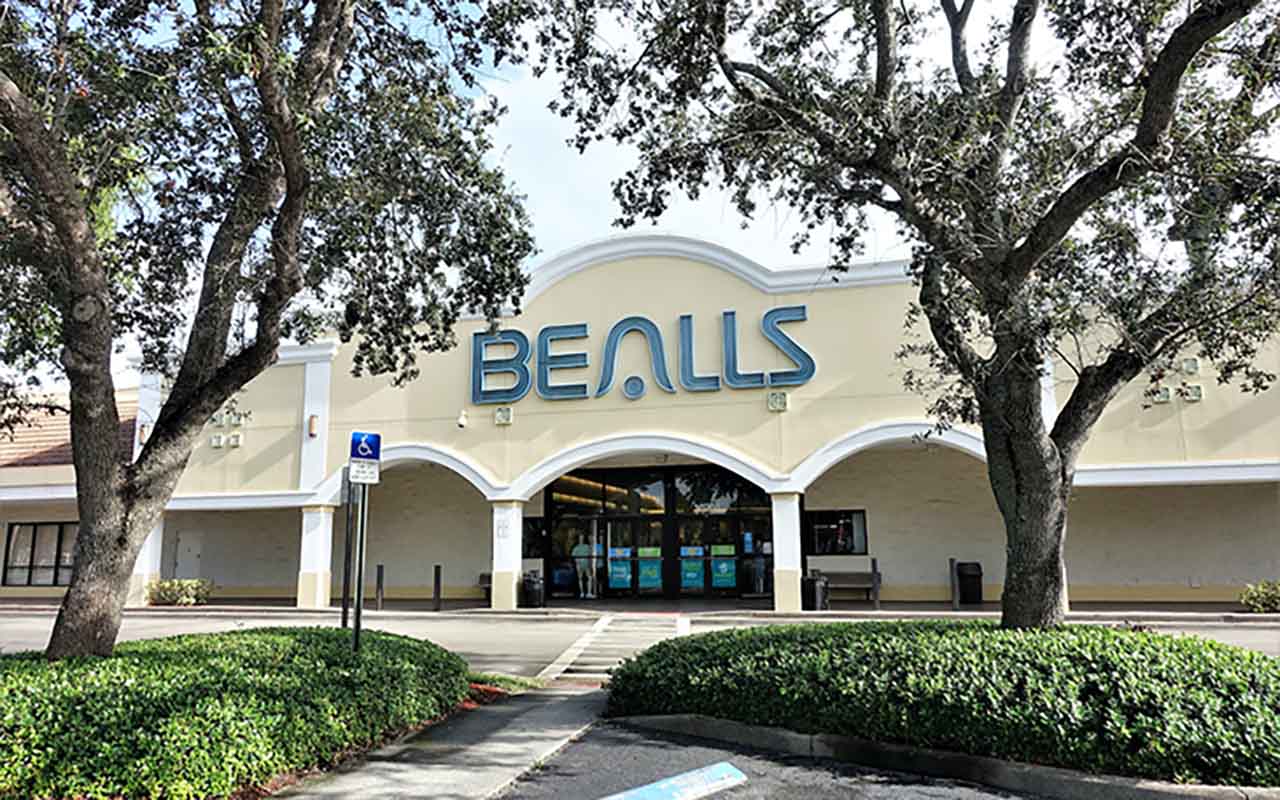
Stage Stores
- Headquarters: Houston, Texas
- Number of employees: 13,600
- Number of locations: 738
- Filing date: May 11
Houston-based Stage Stores operates hundreds of stores across 42 states under banners including Stage, Bealls, Palais Royal, Peebles, Goody's and Gordmans. These stores focus on moderately priced and discount goods, and are predominantly located in small towns and rural areas.
Most of Stage Stores' brands were previously snapped up in bankruptcy sales, and the company had been planning to convert all stores to the Gordmans banner. Stage had a considerable debt load and suffered poor holiday sales in 2019, but it was working on strengthening its financial position and seeking prospective buyers when the COVID-19 pandemic forced it to shutter its stores.
On May 11, it threw in the towel and declared bankruptcy:
"The increasingly challenging market environment was exacerbated by the COVID-19 pandemic, which required us to temporarily close all of our stores and furlough the vast majority of our associates," Stage Stores wrote in a release. "Given these conditions, we have been unable to obtain necessary financing and have no choice but to take these actions."
In August, Stage Stores announced court approval for its bankruptcy plan, which involved liquidating all stores and winding down the company after attempts to find a buyer fell through. In October, Florida-based Bealls Inc. paid $7 million for Stage Stores' trademarks and store names – including Bealls, which Bealls Inc. had previously only been able to use in Florida, Georgia and Arizona.
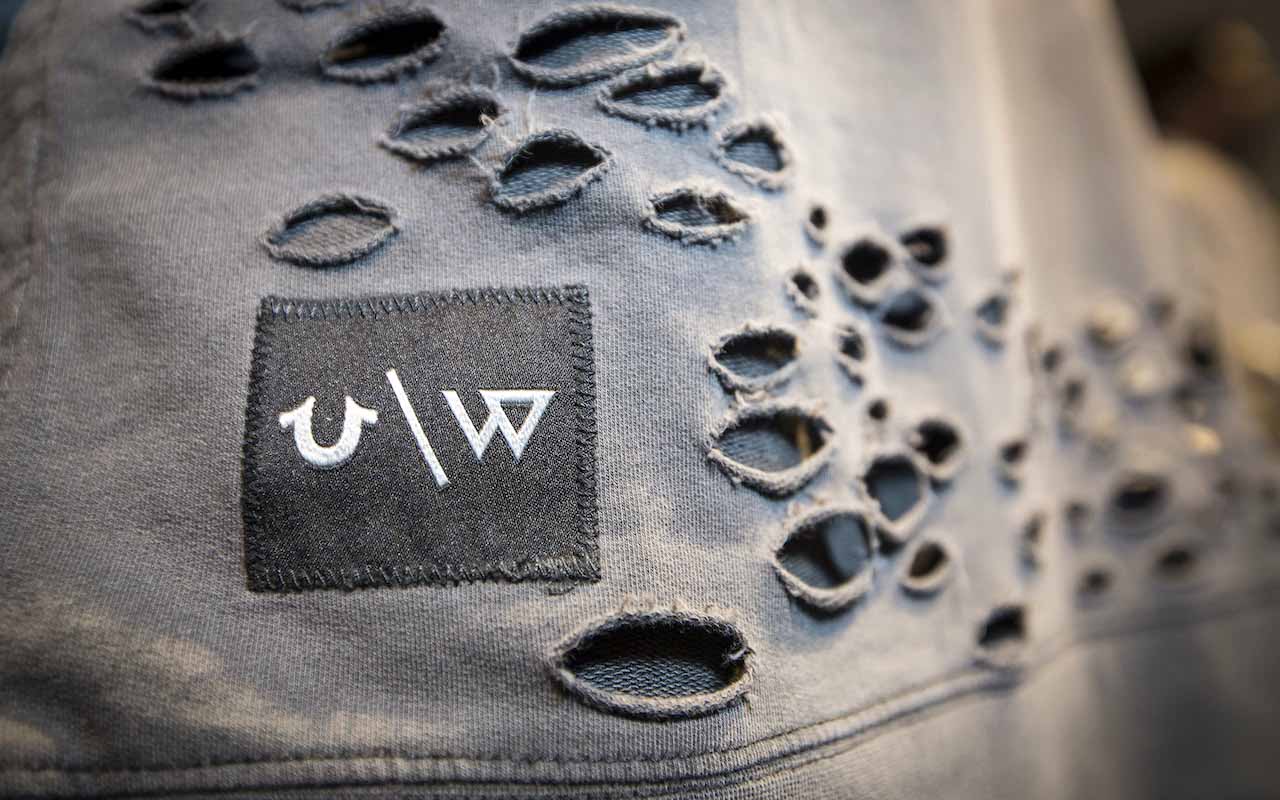
True Religion
- Headquarters: Vernon, California
- Number of employees: 1,000
- Number of locations: 87
- Filing date: April 13
California-based jeans maker True Religion, the California-based maker of high-end jeans, filed for bankruptcy on April 13. That's the second time it has done so in three years; it also filed in 2017 and re-emerged with $390 million less in debt.
Sales of True Religion jeans have been hit by slowing spending at department stores including Macy's and the aforementioned Neiman Marcus. The rise in popularity of athleisure wear was also putting pressure on demand for denim.
The coronavirus outbreak sealed its fate, however. The company was forced to close its 87 retail stores and its wholesaling arm.
"These closings have caused a sudden and unplanned elimination of approximately 80% of the Company's revenue, making a chapter 11 filing unavoidable," Interim CFO Richard Lynch wrote in court documents.
On Oct. 20, however, True Religion successfully emerged from Chapter 11 bankruptcy protection with a reduced debt load and lowered operating expenses. Simon Property Group, the landlord for many of True Religion's retail properties, "was an essential partner in the Company’s reorganization."
The number of stores that will reopen was trimmed down from pre-bankruptcy levels to 50.

Whiting Petroleum
- Headquarters: Denver, Colorado
- Number of employees: Unknown
- Number of locations: N/A
- Filing date: April 1, 2020
Many U.S. shale oil producers were already under financial pressure before the start of 2020. Thanks to low oil prices and high debt loads, 41 oil companies filed for bankruptcy protection in 2019.
More of the same is likely on the way. A report by Norwegian energy research firm Rystad Energy says that if oil prices remain low, more than 240 U.S. energy firms might have to seek out bankruptcy protection by the end of 2021.
Whiting Petroleum (WLL, $48.66) managed to make it to 2020, but the U.S. fracker finally succumbed on April 1, when it filed for Chapter 11 bankruptcy protection. That comes alongside an agreement that saw Whiting debtholders acquire a 97% equity stake in the company in exchange for taking $2.2 billion in debt off the books.
"Given the severe downturn in oil and gas prices driven by uncertainty around the duration of the Saudi / Russia oil price war and the COVID-19 pandemic, the Company's Board of Directors came to the conclusion that the principal terms of the financial restructuring negotiated with our creditors provides the best path forward for the Company," Whiting Petroleum wrote in a press release.
The good news? Whiting actually emerged from Chapter 11 bankruptcy protection on Sept. 2. Unfortunately, the perceived jump in "WLL" shares was a bit of a mirage. The old WLL shares were completely wiped out and replaced with new shares as of Whiting's emergence. Those shares have done well in 2021, however, up nearly 95% year-to-date.
Profit and prosper with the best of Kiplinger's advice on investing, taxes, retirement, personal finance and much more. Delivered daily. Enter your email in the box and click Sign Me Up.

Brad Moon is a tech industry veteran who contributes to a range of publications including Forbes, InvestorPlace and MSN Money and is an original member of the award-winning GeekDad blog. Over the past decade, he has also written about technology for Wired, Gizmodo, Shaw Media, About.com, The Winnipeg Free Press and others.
-
 Quiz: Do You Know How to Avoid the "Medigap Trap?"
Quiz: Do You Know How to Avoid the "Medigap Trap?"Quiz Test your basic knowledge of the "Medigap Trap" in our quick quiz.
-
 5 Top Tax-Efficient Mutual Funds for Smarter Investing
5 Top Tax-Efficient Mutual Funds for Smarter InvestingMutual funds are many things, but "tax-friendly" usually isn't one of them. These are the exceptions.
-
 AI Sparks Existential Crisis for Software Stocks
AI Sparks Existential Crisis for Software StocksThe Kiplinger Letter Fears that SaaS subscription software could be rendered obsolete by artificial intelligence make investors jittery.
-
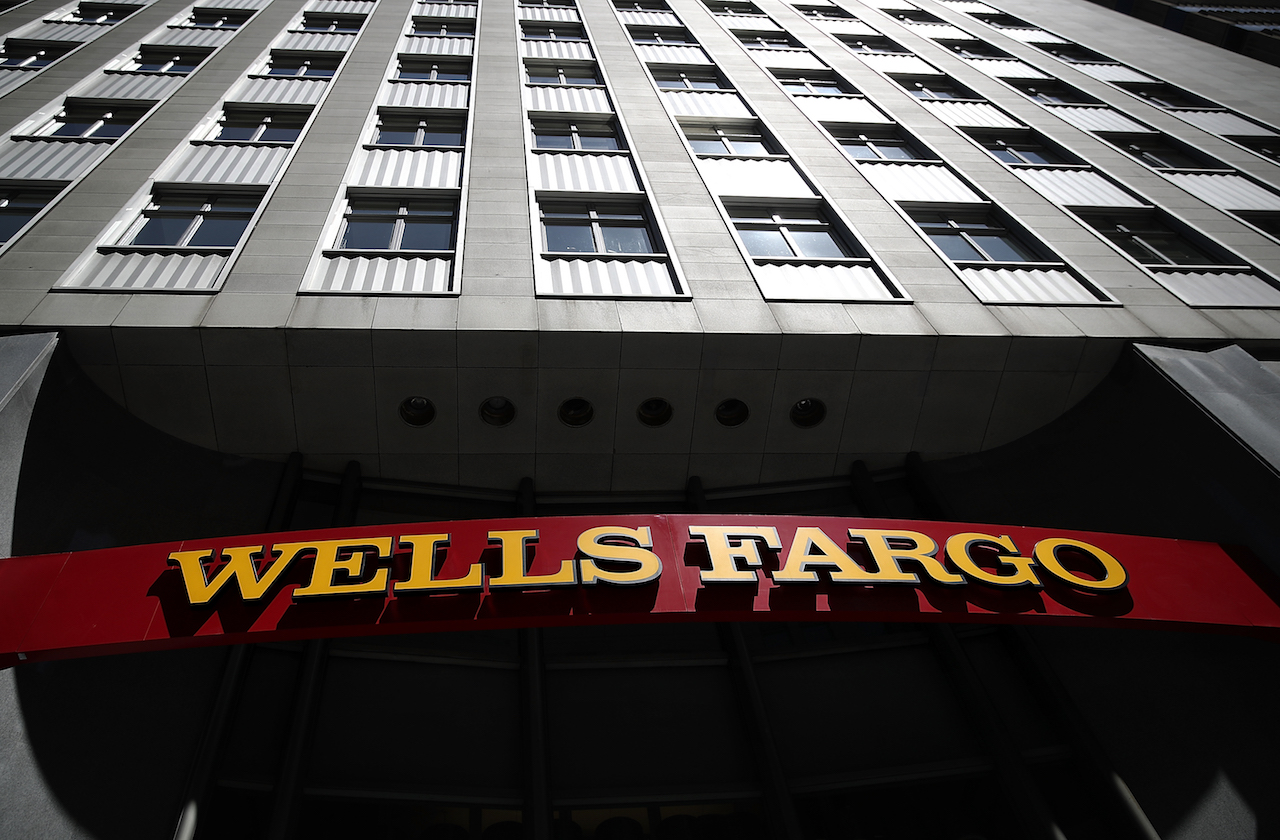 Why Wells Fargo's Revenue Miss Isn't Worrying Wall Street
Why Wells Fargo's Revenue Miss Isn't Worrying Wall StreetWells Fargo is one of the best S&P 500 stocks Wednesday even after the big bank's top-line miss. Here's what you need to know.
-
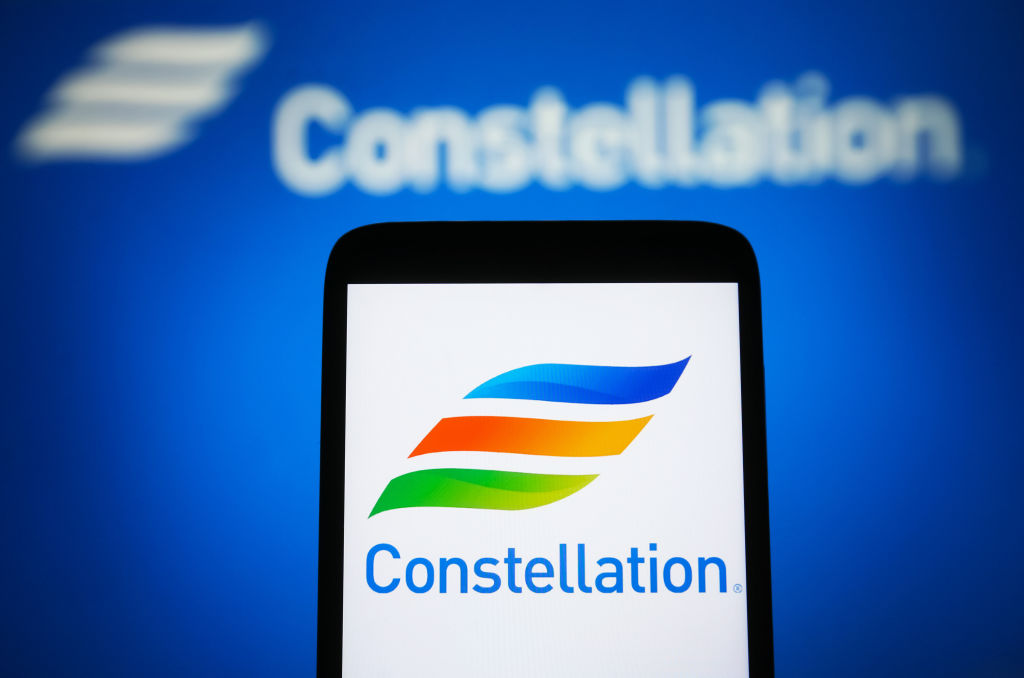 Constellation Energy Stock Soars on Its $26 Billion Buy. Here's Why Wall Street Likes the Deal
Constellation Energy Stock Soars on Its $26 Billion Buy. Here's Why Wall Street Likes the DealConstellation Energy is one of the best S&P 500 stocks Friday after the utility said it will buy Calpine in a cash-and-stock deal valued at $26 billion.
-
 The 24 Cheapest Places To Retire in the US
The 24 Cheapest Places To Retire in the USWhen you're trying to balance a fixed income with an enjoyable retirement, the cost of living is a crucial factor to consider. Is your city the best?
-
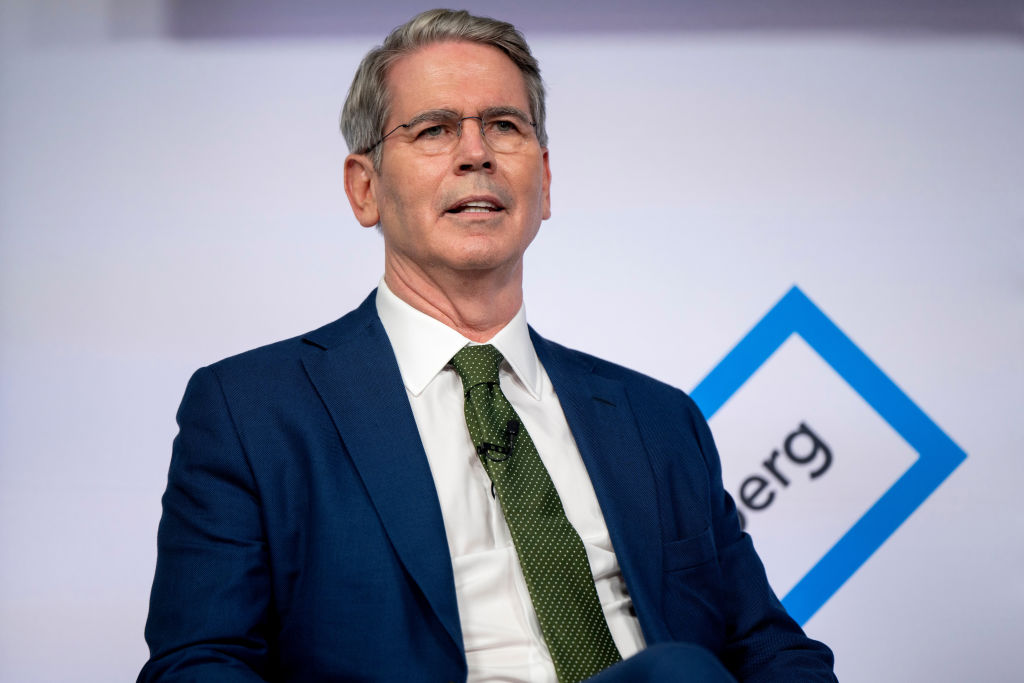 What Scott Bessent's Treasury Secretary Nomination Means for Investors
What Scott Bessent's Treasury Secretary Nomination Means for InvestorsMarkets are reacting positively to Trump's nomination of Scott Bessent for Treasury secretary. Here's why.
-
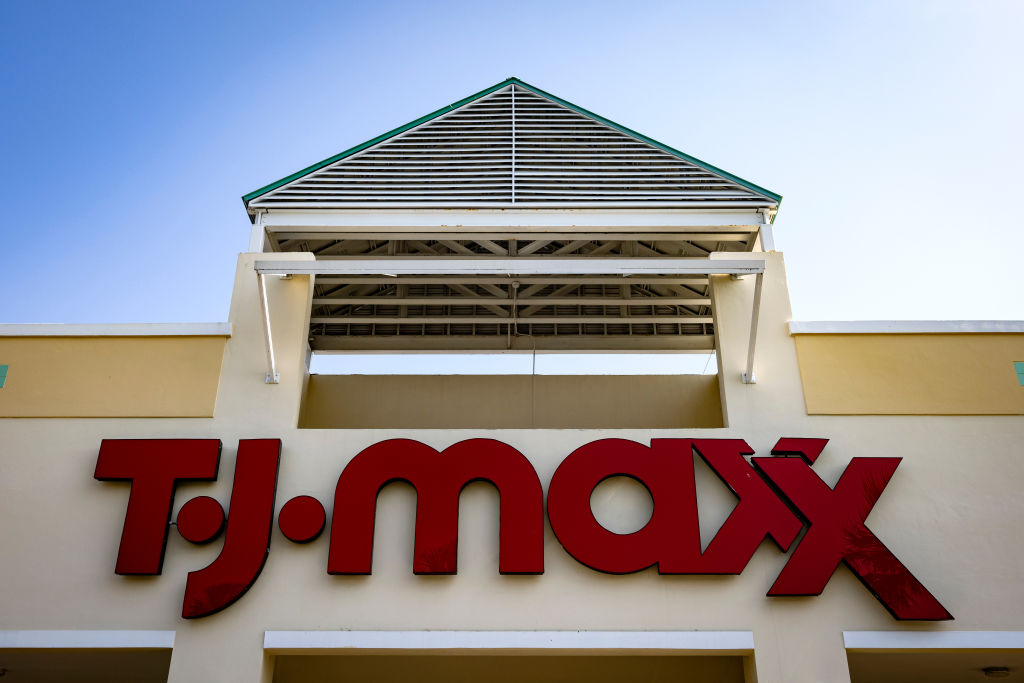 TJX Stock: Wall Street Stays Bullish After Earnings
TJX Stock: Wall Street Stays Bullish After EarningsTJX stock is trading lower Wednesday despite the TJ Maxx owner's beat-and-raise quarter, but analysts aren't worried. Here's why.
-
 Cisco Stock: Why Wall Street Is Bullish After Earnings
Cisco Stock: Why Wall Street Is Bullish After EarningsCisco stock is lower Thursday despite the tech giant's beat-and-raise quarter, but analysts aren't concerned. Here's what you need to know.
-
 Apple Stock Slips After Earnings. Wall Street Isn't Worried
Apple Stock Slips After Earnings. Wall Street Isn't WorriedApple stock is trading lower Friday despite the iPhone maker beating expectations for its fiscal fourth quarter, but analysts are still bullish.
-
 Tesla's Robotaxi Event: What Wall Street Expects
Tesla's Robotaxi Event: What Wall Street ExpectsTesla’s robotaxi event kicks off next week. Here’s what Wall Street expects to see and how analysts feel about the stock heading into the event.

